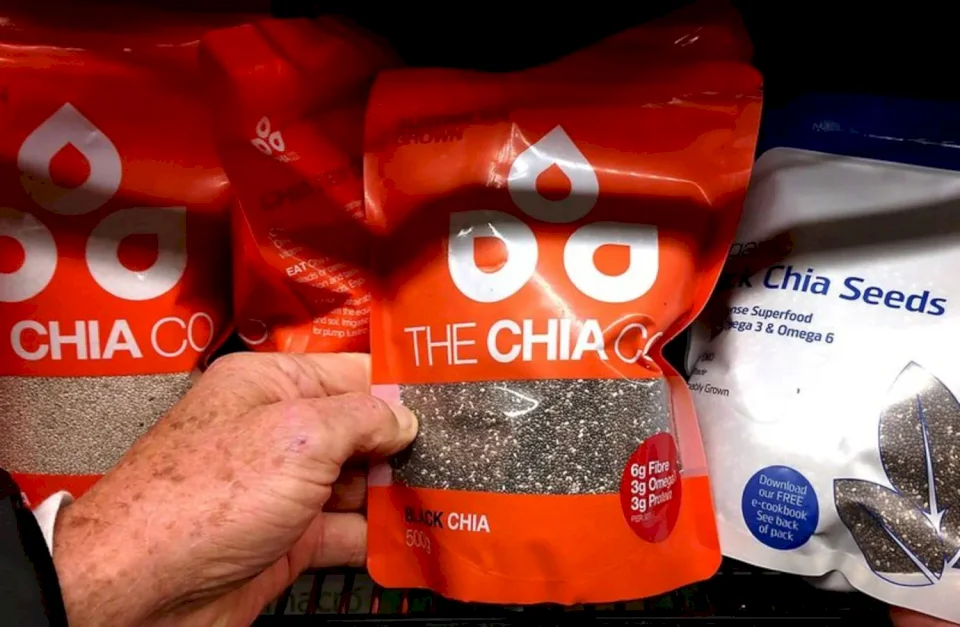
Psyllium Husk and Chia Seeds: Which is More Beneficial for Digestion and Gut Health?
SadaNews - Chia seeds and psyllium husk provide two plant-based options to boost fiber in your diet, both of which may support digestion in different ways, but which one is better?
In general, chia seeds contain slightly more than double the calories per serving compared to psyllium husk, but they also provide protein and healthy fats along with their fiber, according to Verywell Health.
On the other hand, psyllium husk (also known as psyllium seeds or ispaghula) is rich in fiber only and does not add much in terms of nutrition.
Both psyllium husk and chia seeds provide about 3 grams of fiber per serving. The difference lies in the type of fiber and what else they contain.
The fiber in psyllium husk is almost pure, predominantly soluble fiber. This type of fiber absorbs water and forms a gel-like substance in the digestive system, which may help soften stool and support regular bowel movements. Some studies suggest that soluble fiber can also play a role in managing cholesterol and blood sugar levels, although the effects can vary from person to person.
While chia seeds contain a mix of soluble and insoluble fiber, they also absorb water. The insoluble fiber adds bulk to the stool, which may aid in regular bowel movements. Additionally, chia seeds offer protein, healthy fats, and minerals—nutrients that are not found in psyllium husk.
For concentrated fiber and promoting bowel regularity, psyllium husk may have an advantage. For a more balanced nutrient boost (fiber, protein, and omega-3s), chia seeds are the more balanced option.
Which is better for digestion and gut health?
Both psyllium and chia can support digestion, but in slightly different ways.
Psyllium husk is often used as a fiber supplement for treating constipation and generally aiding bowel regularity. Due to its high soluble fiber content, it tends to absorb water and form a gel that helps it move smoothly through the digestive system.
Some people prefer psyllium husk because it does not ferment in the gut like some other fibers can, which means it reduces gas and bloating. In contrast, chia seeds may cause bloating or discomfort for those who are not accustomed to a lot of fiber or who consume them dry without enough fluids; this is because they contain more insoluble fiber.
Additional Health Benefits
Chia seeds are a source of omega-3 fatty acids, protein, and essential minerals like calcium and magnesium.
These nutrients may help promote heart and bone health while contributing to a feeling of fullness. However, it's worth noting that the type of omega-3 in chia is not absorbed as efficiently as that found in fish.

Scientists Attempt to "Intercept Cancer" Before Its Formation.. Know the Details

American Fact-Checking Platform Exposes Trump's Exaggerations in State of the Union Addres...

How Mourinho Deceived Everyone and Watched the Match Between Real Madrid and Benfica from...

Fat Loss Improves Blood Pressure and Supports Immunity

Galaxy S26 Armed with a Smart Feature to Combat the Most Dangerous Threats to Smartphones

Discovery of Microplastic Particles in 90% of Prostate Cancer Cases

Artificial Intelligence Diagnoses Children's Brain Tumors with 92% Accuracy Without Surger...

